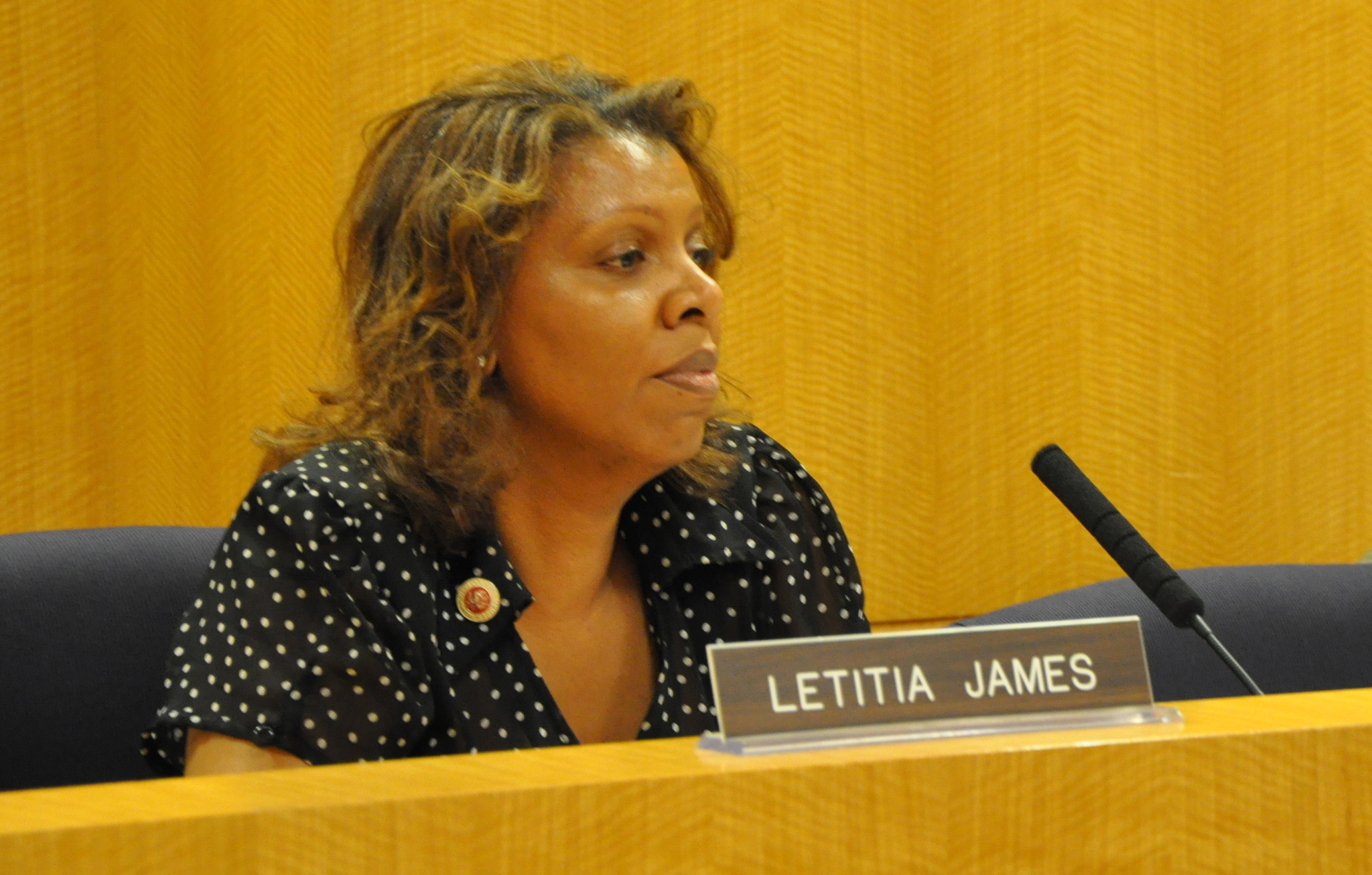According to an investigation by the New York Attorney General, millions of comments submitted during the 2017 net neutrality proceeding were fake.
What you need to know
- New York Attorney General says millions of comments to FCC proceeding on net neutrality were fake.
- Broadband companies initiated the campaign to generate fake comments.
- Three firms that help generate comments were charged $4.9 million.
The nation's largest broadband companies, which includes some of the best wireless carriers in the U.S., funded a secret campaign to generate millions of fake comments to the Federal Communications Commission during its repeal of net neutrality rules in 2017, according to the New York Attorney General's office (NYAGO).
The investigation, which was released today, indicated that many of the comments provided "cover" for the repeal of the rules. The investigation indicated that the broadband companies engaged "commercial lead generators" that would use prizes, like gift cards or sweepstakes, to lure consumers to their websites and join the campaign.
The three firms were charged $4.9 million in penalties and disgorgement and have been told to "adopt comprehensive reforms in future advocacy campaigns."
The NYAGO found in its investigation that more than 8.5 million fake comments impersonating real people were submitted to the FCC, and more than half a million fake letters were sent to Congress.
The investigation further noted that 9.3 million fake comments supported net neutrality that used fake identities. It said that 18 million out of the more than 22 million comments submitted during the 2017 proceeding were fake.
"Instead of actually looking for real responses from the American people, marketing companies are luring vulnerable individuals to their websites with freebies, co-opting their identities, and fabricating responses that giant corporations are then using to influence the policies and laws that govern our lives," New York Attorney General Letitia James said in a press release.
"Today we are taking action to root out this fraud and the impersonation that has been corrupting the process for far too long."
In 2017, the FCC voted in favor of removing tough net neutrality rules that were put in place to prevent internet providers from blocking and throttling traffic and offering paid fast lanes. The new rules now indicate that companies can do this practice, so long as they publicly state they will do it.
Today's investigation report also includes recommendations on avoiding this from happening again in the future. Those include advocacy groups ensuring they obtain valid consent from individuals before submitting comments; agencies and legislatures that get comments to hold those submitting accountable; lawmakers to strengthen laws to deter unauthorized submissions; and agencies to adopt technical safeguards.




0 Commentaires